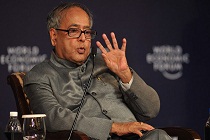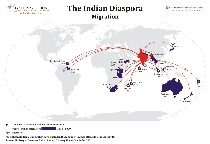Anna Hazare’s movement: A case study in management
There is an underlying reason as to why India's anti-corruption movement has garnered immense support in such a short span of time: it is a highly-efficient management model. The right mix of marketing, motivation, operations and service is spearheading the process.








